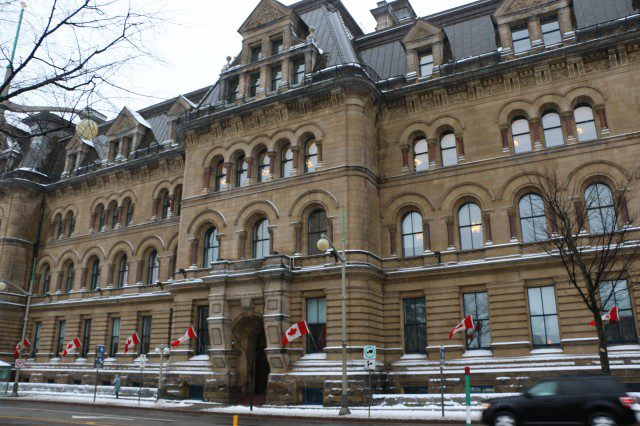
The chief of staff to former Alberta premier Ralph Klein, Rod Love, once said: “Leaks are political currency, because in any political environment where information is power, the transmission of that information is an exercise in power.”
To be a successful political watchdog, the press must have knowledge of what our politicians and government agencies are doing.
Open governance is an idea to aspire to, but the reality is that much of the crucial information is kept closely guarded by political players — until they are either forced to reveal it, or it becomes strategically advantageous to share with the public.
Government offices conduct their business largely through confidential emails, staff reports and internal memos. With so much of it in the shadows, the information that keeps a government accountable to the public is infused with a power that most players will wield to their advantage. It has become a game that political journalists must engage with out of necessity, because traditional reporting methods like interviews and Access to Information requests no longer yield competitive results.
Rod Love was the Canadian political strategist that many consider the linchpin behind Ralph Klein’s successful career in Alberta. In a 1999 article for the Calgary Herald, he explained the tactics behind political leaks in significant detail. [1]
The “art” of a smart leak, he said, is that it is the “strategic and controlled release of information, at a certain time, to a certain journalist, generally meant to achieve one or more of the following goals.”
- To temporarily destabilize the enemy. Being able to leak something that predicts what your opponent is up to creates wonderful self-doubt in the other camp.
- To counter-attack. When you have information to refute an attack, but can’t officially release it, a leak is often the only way to respond.
- To distract people (generally journalists) from a different and more problematic story. If the hounds are after something that may cause heartburn, a leak that diverts attention can buy you some time, and time may be all you need to fix the original problem.
- As a trial balloon. In government, good ideas are like experimental airplanes – nobody is getting on board until they have seen it fly. A leak is a handy way to see if the public is ready for the latest brainwave. If they like it, the leak served its purpose; if they don’t, it’s an orphan.
- To have some fun. Politics – the elected officials, the public service and the journalists who cover it – can often times take themselves far too seriously, given that the vast majority of the public are simply not engaged in that world. A leak that lays bares the absurdities of the game is a great way to break the tension.
He clearly saw the press as a political tool to be used for “the good of the organization.”
With this in mind, how does a journalist responsibly engage with government sources looking to leak confidential information, especially ones who are asking for anonymity?
Next: The PMO: Partisan or no?
1. Love, Rod. “Leaks are an exercise in power,” Calgary Herald, August 1, 1999.